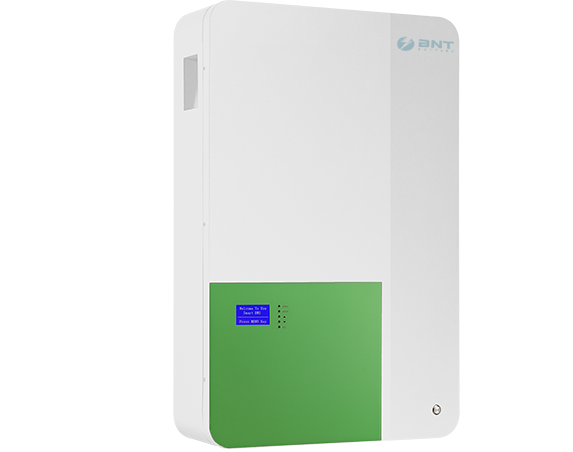Power Storage
For
Your Home
Whether you have an existing solar power system, or are considering installing solar at your home, BNT power storage(batteries) offers a way to unlock the full potential of a solar array. BNT Solutions has extensive experience in matching battery storage with solar and can design and install a fully-integrated energy storage solution for residential solar power systems.
we offer battery systems from other leading manufacturers. we design a battery solutionto meet the unique needs of each customer. Battery manufacturers offer different configurations and technologies. For example, some manufacturers include inverters that are incorporated directly into the battery pack. Other batteries include monitoring. And some battery suppliers have even integrated recycled batteries into their storage solutions. We will work with you to understand how you use electricity and what your objectives and budget are, to help ensure that what we recommend is the optimum storage solution for you. It’s another reason why more people who are considering solar for their home rely on the experts at BNT power storage Solutions.
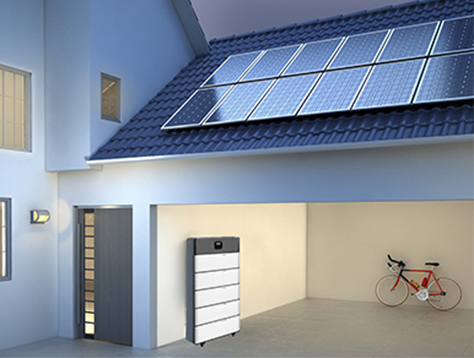
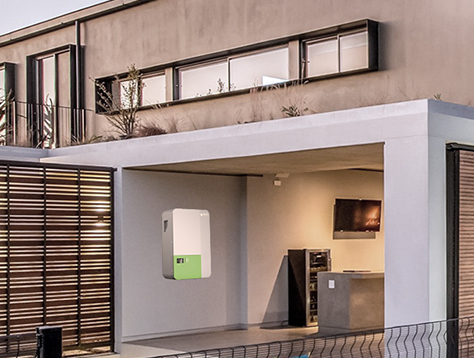
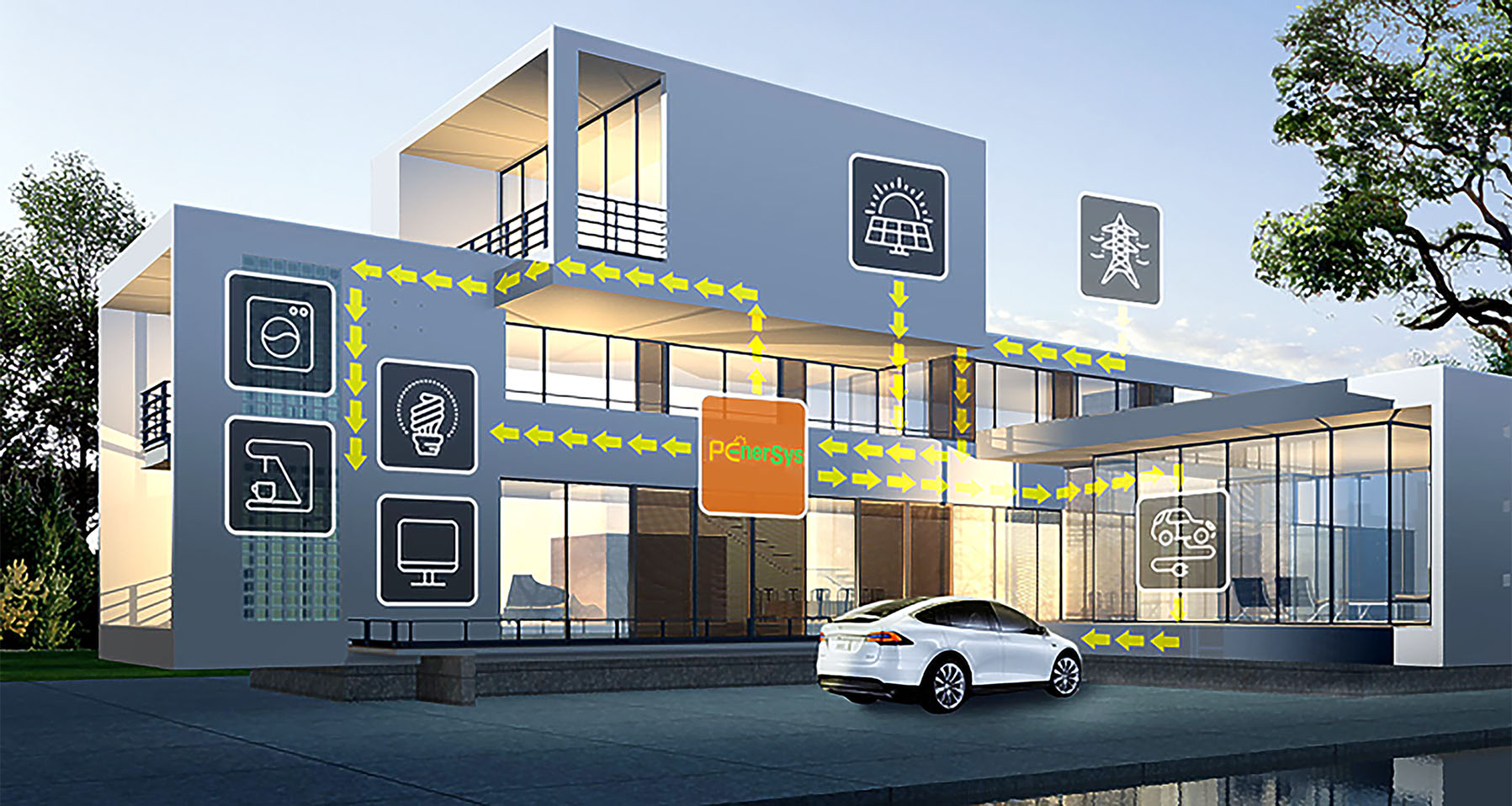
The BNT storage power storage system adopts an integrated home appliance design, exquisite and beautiful, easy to install, equipped with long-life lithium-ion batteries, and provides photovoltaic array access, which can provide electricity for residences, public facilities, small factories, etc.
Adopting the integrated microgrid design concept, it can operate in both off-grid and grid-connected modes, and can realize seamless switching of operation modes, which greatly improves the reliability of power supply; it is equipped with a flexible and efficient management system that can be based on the grid, load, energy storage and Electricity prices are adjusted for operating strategies to optimize system operation and maximize user benefits.
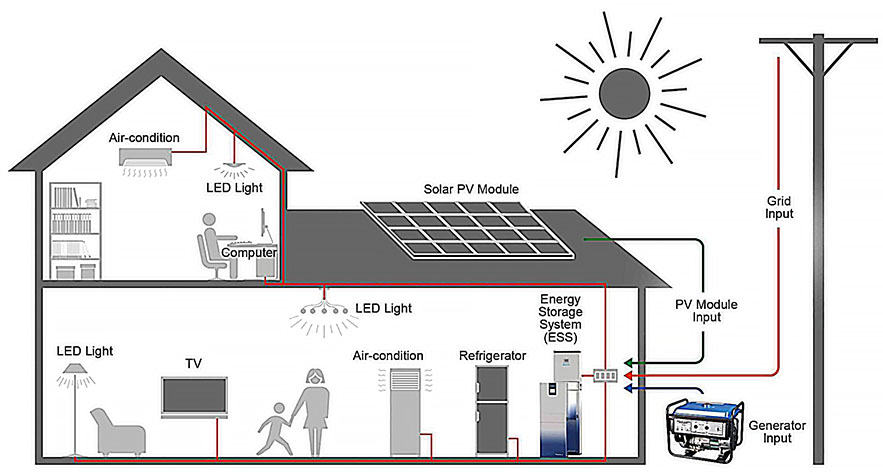
What is Solar Energy Storage? How does it work?
Solar panels are one of the fastest growing energy sources. It makes sense to combine solar panels with battery energy storage solutions that give rise to solar batteries.
How does solar energy storage function?
The solar batteries are used to store excess solar energy and keep it safe. The stored energy can be used even if solar power is not being produced.
This reduces dependence on the electric grid, which results in lower electricity bills and a more self-reliant system. You also have access to extra power backup via the batteries. Solar energy storage systems are also easy to set up, maintain, and most importantly, they can be weatherproof.
Types of energy storage:
Electrical Energy Storage (EES): This includes Electrical Storage (capacitor and coil), Electrochemical Storages (batteries), Pumped Hydroelectric,
Compressed Air Energy Storages (CAES), Rotational Energy Storages (flywheels), and Superconducting Magnetic Energy Storages (SMES).
Thermal Energy Storage (TES): The thermal energy storage consists of Sensible, Latent, and Compact Thermal Energy Storage.
Power storage lithium batteries:
The later use of energy is indicated by the storage of energy. The battery energy storage system can be used anywhere there is electricity. The energy storage capacity of a battery varies according to how much it is used. The energy consumed by a household is less than that of an industry. Power production plants store energy in heavy storage containers. This is known as advanced storage. The Battery Electrical Vehicle stores the energy needed for transportation. The smart solution is to store the energy as it can be very crucial.
Key features to look for in Home Battery Storage Systems
Stackability
One battery might not be enough to power the whole house. You’ll need to prioritize which items are most important, like lights, outlets, air conditioner, sump pump and so forth. Some systems let you stack or piggyback multiple units to provide the backup you need.
AC vs. DC Coupled Systems
Solar panels and batteries store direct current (DC) energy. The solar system can be connected to DC-coupled systems, resulting in lower power loss. AC power is what powers the grid and your home. AC systems are less efficient, but they are more flexible and easy to install, particularly if you have solar.
The manufacturer will usually be able to help you determine what system is best for your home. DC is typically used for new installations, while AC can be used with existing solar systems.
Load Start Capability
Some appliances require more power to turn on than others, like central air conditioners or sump pumps. You should ensure that the system is capable of handling your specific appliance requirements.
What can battery storage do for you and your business?
Reduces your energy bill
We’ll assess your needs and then recommend the best battery solution for you. Depending on which solution you choose, your batteries are then discharged and recharged remotely or at your location, depending on what the solution is. Then, we can suggest that you switch to battery power during peak electricity times, thereby reducing your energy costs.
You can ensure that your site has uninterrupted power supply
In the event of an outage or voltage drop, your battery solution will almost always provide instant backup. Your chosen batteries will respond in less than 0.7ms. This means that you supply will work seamlessly when switching from mains to battery.
Grid connection upgrades and variability should be avoided
You can switch to stored battery power if your energy consumption is rising. This could save you and your organization from having to upgrade your distribution network operator (DNO) contract.
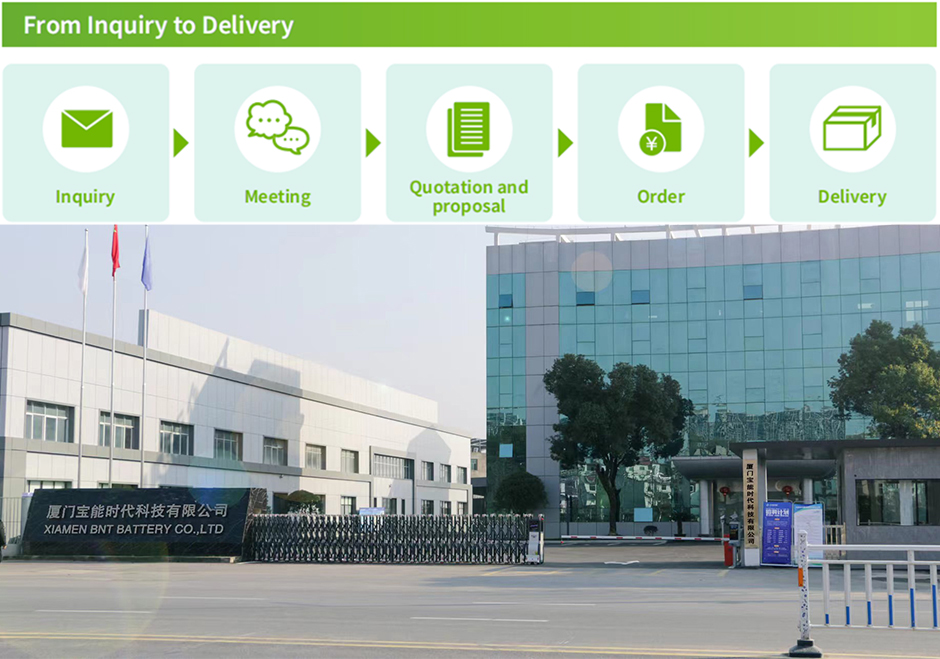
Looking for a long-lasting battery solution that provides a well-armored backup for your off-grid energy system? Talk to the team at Inventus Power to get started.


